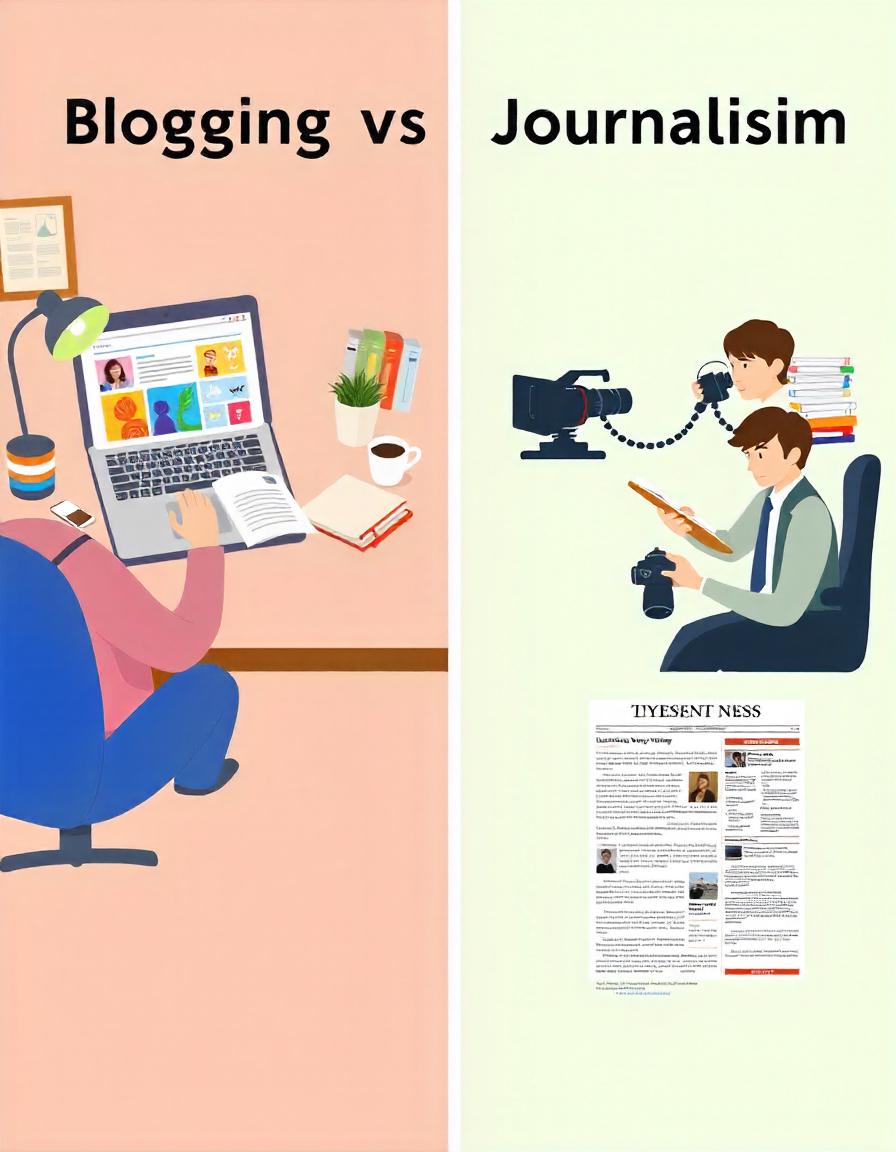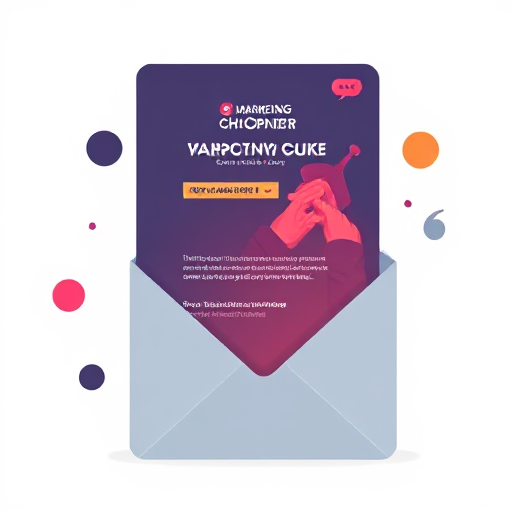Blogging vs. Journalism: Understanding The Differences And Choosing Your Path
Both blogging and journalism play vital roles in sharing information, but they serve different purposes and audiences. While bloggers and journalists may cover similar topics, they approach content creation, style, and ethics from distinct perspectives. Here’s a comparison to help you understand each medium’s strengths and determine which aligns best with your goals.
Find Out How To Make Money As A Full-Time Writer/Blogger Guide
1. Content Purpose and Style
Blogging:
Blogging is often personal and informal, allowing writers to share opinions, experiences, and niche topics. Bloggers have the freedom to choose their style, voice, and focus, making it ideal for personal expression and building unique online personas. Blogs can range from travel and lifestyle to technical guides and personal reflections, creating space for creativity and a personal touch.
Journalism:
Journalism emphasizes objective reporting with a focus on facts and accuracy. Journalists are expected to provide fair and balanced coverage, often following a structured format (e.g., news reports, feature articles, investigative pieces). Their primary goal is to inform the public on current events, issues, and stories of significance, maintaining professional tone and adherence to journalistic standards.
2. Content Creation Process
Blogging:
Bloggers have flexibility in their content creation process, including the choice of topics, frequency of posting, and approach to storytelling. The process is often solo, with the blogger acting as writer, editor, and publisher. Since there are fewer constraints, blogging allows for experimentation and direct interaction with readers.
Journalism:
In journalism, content creation typically involves research, fact-checking, and often collaboration with editors. Journalists follow ethical guidelines, verify sources, and ensure accuracy before publishing. In many cases, they work with editorial teams, photographers, and other contributors to create polished, factual pieces.
Find Out How To Make Money As A Full-Time Writer/Blogger Guide
3. Audience and Engagement
Blogging:
Blogs attract niche audiences based on shared interests, and engagement is usually direct and interactive. Blogging allows for a community-focused experience, with readers often leaving comments, subscribing, or sharing posts. Bloggers can foster a loyal following by tailoring content to specific audience interests and preferences.
Journalism:
Journalism serves a broader public audience, aiming to provide reliable, impartial information. While audience engagement is important, journalism prioritizes accuracy and balance over personalization. Reader interactions might come through letters to the editor, social media, or public comments, with the journalist less directly involved in reader conversations.
4. Fact-Checking and Credibility
Blogging:
Blogging allows for more subjective content, but credibility can vary widely. Some bloggers are experts in their fields, while others may simply share personal experiences or opinions. While fact-checking is still important, bloggers aren’t typically held to the same rigorous standards as journalists, though many prioritize honesty and accuracy.
Journalism:
Journalists are expected to rigorously fact-check all information and maintain credibility by adhering to ethical guidelines. Established news outlets require journalists to validate sources, avoid conflicts of interest, and uphold impartiality, ensuring a level of trust and reliability for the public.
Find Out How To Make Money As A Full-Time Writer/Blogger Guide
5. Monetization
Blogging:
Bloggers have various ways to monetize their content, such as sponsored posts, affiliate marketing, display ads, and digital products. Successful bloggers often build their brand and can generate income through partnerships, subscriptions, and online courses. Monetization depends largely on building a loyal audience and providing consistent value.
Journalism:
Journalists are usually salaried employees or freelancers paid per article, with less emphasis on personal monetization. In traditional journalism, individual reporters don’t directly earn from readers; instead, media companies rely on advertising, subscriptions, and sponsorships to fund journalism. In some cases, freelance journalists may receive royalties or syndication fees.
6. Ethical Standards and Guidelines
Blogging:
Bloggers typically don’t follow a strict code of ethics, though many choose to set personal standards for transparency, honesty, and quality. Sponsored content and partnerships are common, and while transparency is encouraged, it is often self-regulated.
Journalism:
Journalists adhere to strict ethical guidelines outlined by professional bodies such as the Society of Professional Journalists. These guidelines include commitments to accuracy, fairness, and accountability, protecting sources, and avoiding conflicts of interest. Journalists who violate ethical standards risk damaging their careers and reputations.
7. Long-term Impact and Goals
Blogging:
Bloggers aim to build a personal brand, share knowledge, and connect with a like-minded community. Many focus on niche topics, cultivating a loyal audience with content that’s informative, entertaining, or inspirational. Blogging is ideal for individuals looking to share personal insights or expertise on specific interests.
Journalism:
Journalism aims to inform the public on matters of importance, often with the goal of holding those in power accountable. Journalists cover topics that impact society, including politics, health, the environment, and human rights. The objective is to keep the public informed, promote transparency, and foster a well-informed society.
Make Money in 7 Days as an Entertainment Blogger and Affiliate Marketer – The Easy Way
Both blogging and journalism offer unique avenues for content creation, with blogging being more flexible, personal, and niche-focused, while journalism emphasizes accuracy, objectivity, and ethical standards. Bloggers enjoy the freedom to connect personally with readers, while journalists contribute to society by reporting on issues that shape public opinion.
Choosing between blogging and journalism depends on your goals, values, and desired impact. For those passionate about personal storytelling and building a brand, blogging might be ideal. However, if you are driven by a desire to inform and report on significant issues with objectivity, journalism is likely the better fit. Some writers even find success in both, blending personal blogging with journalistic pursuits to share information in a balanced, engaging way.






